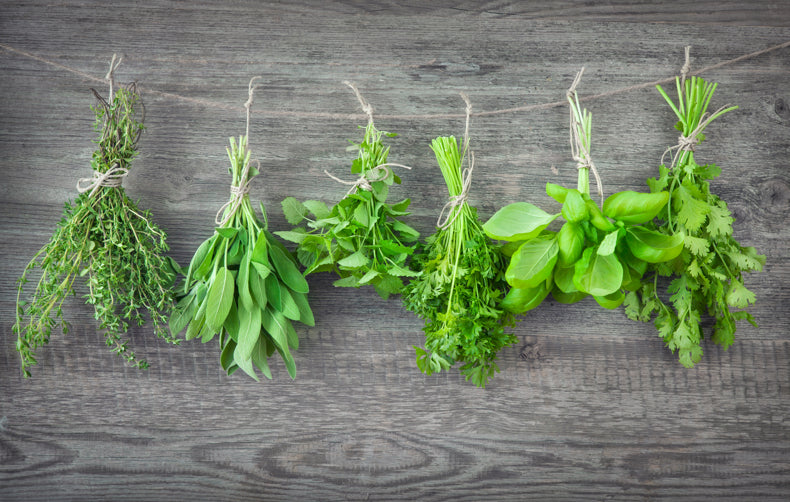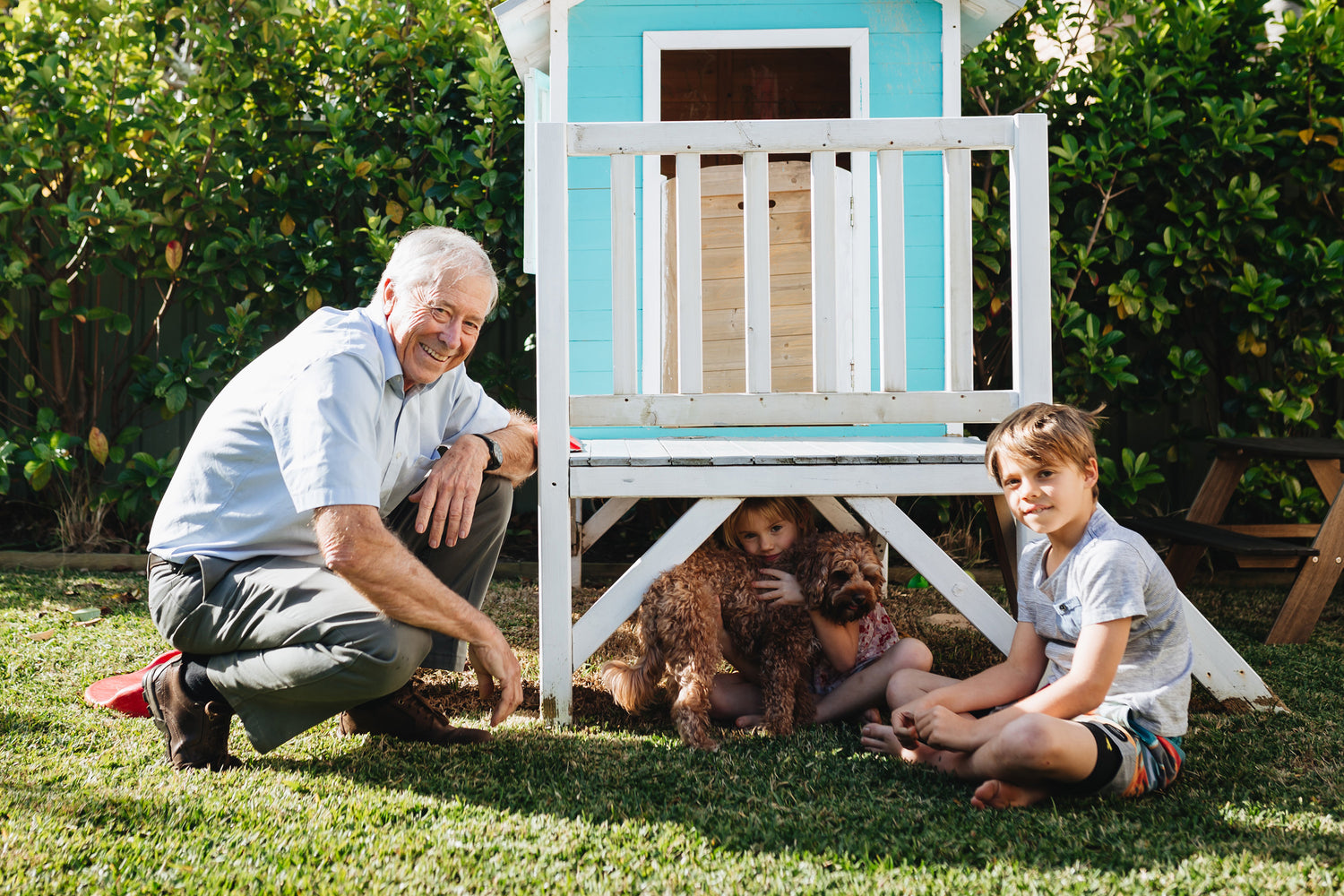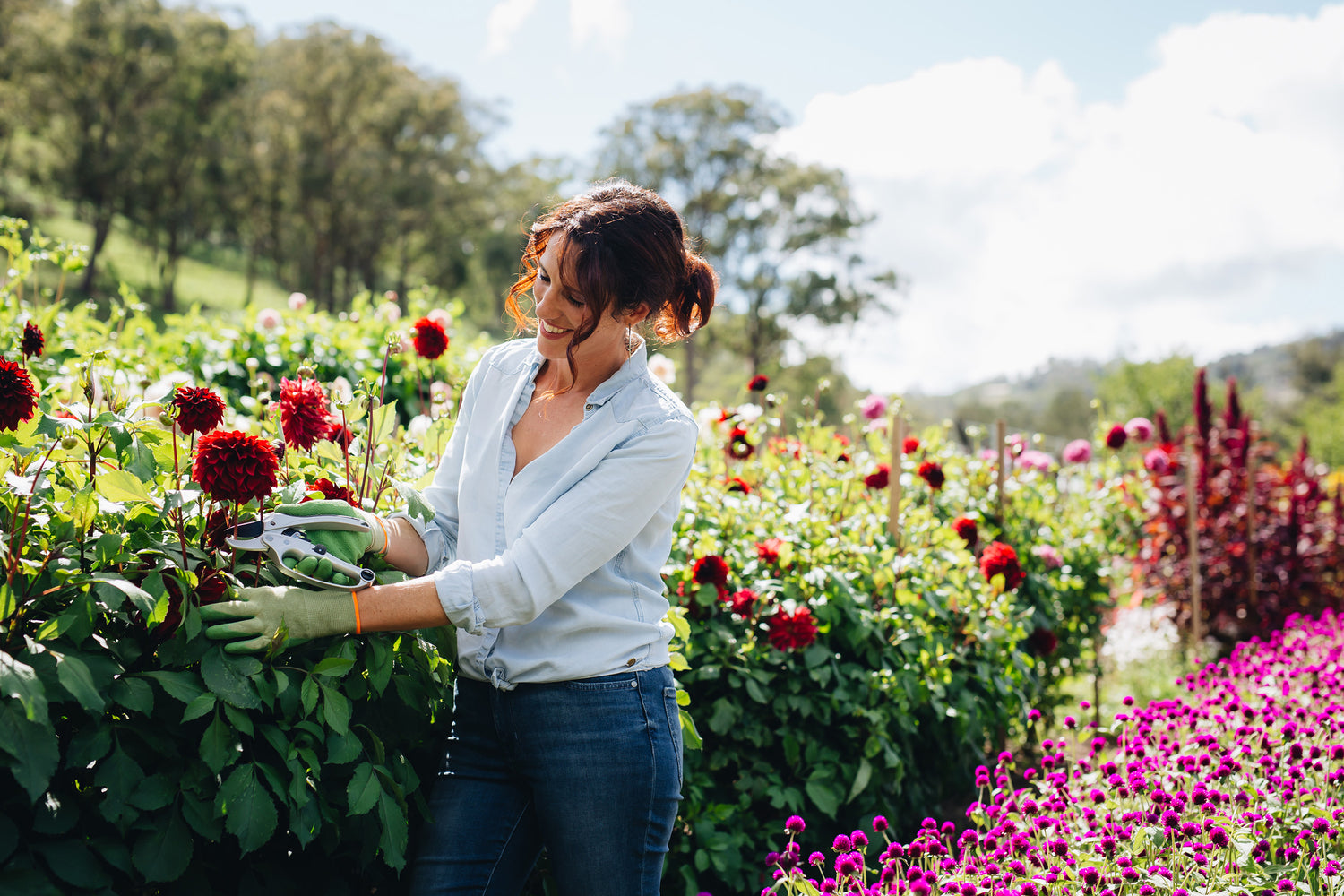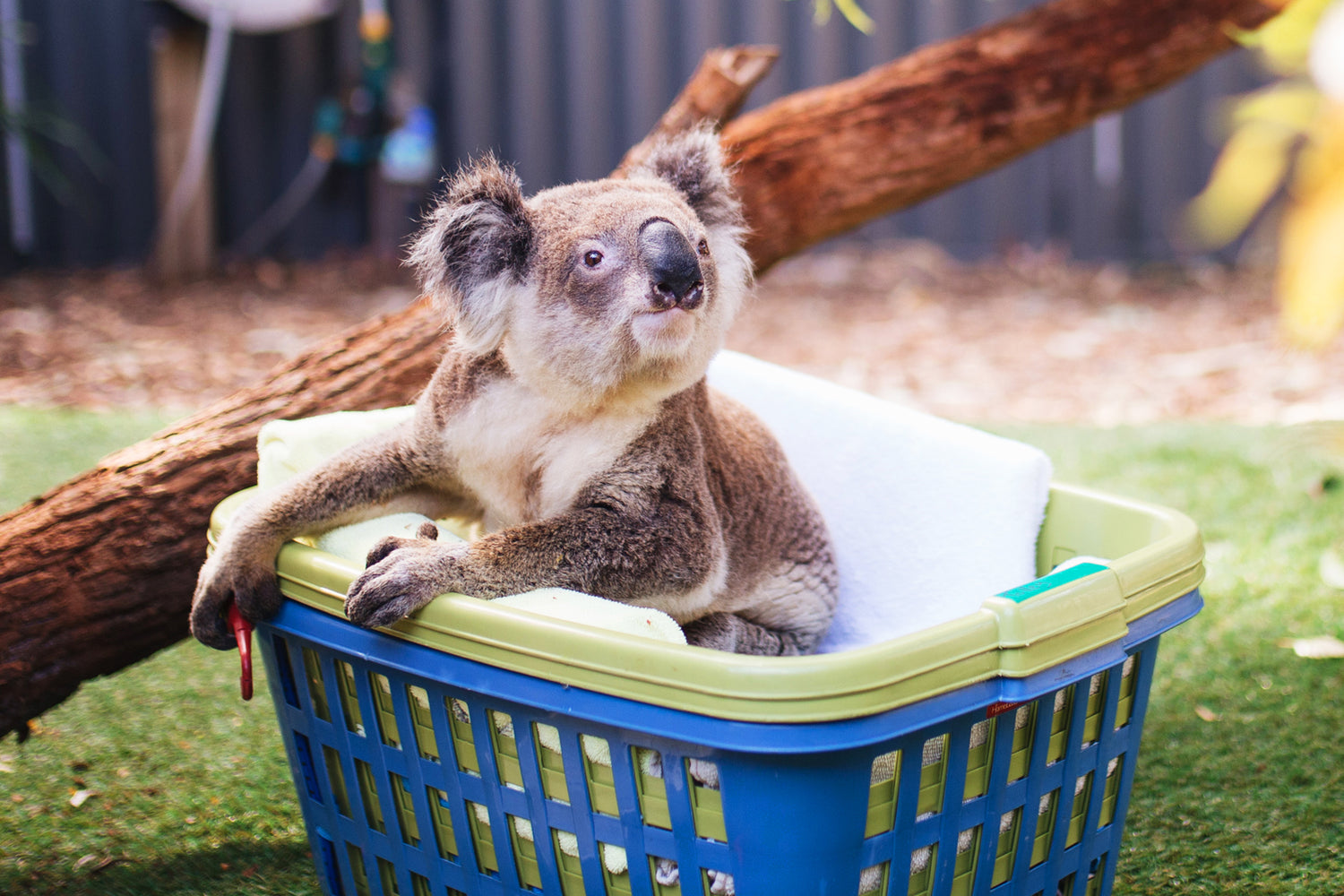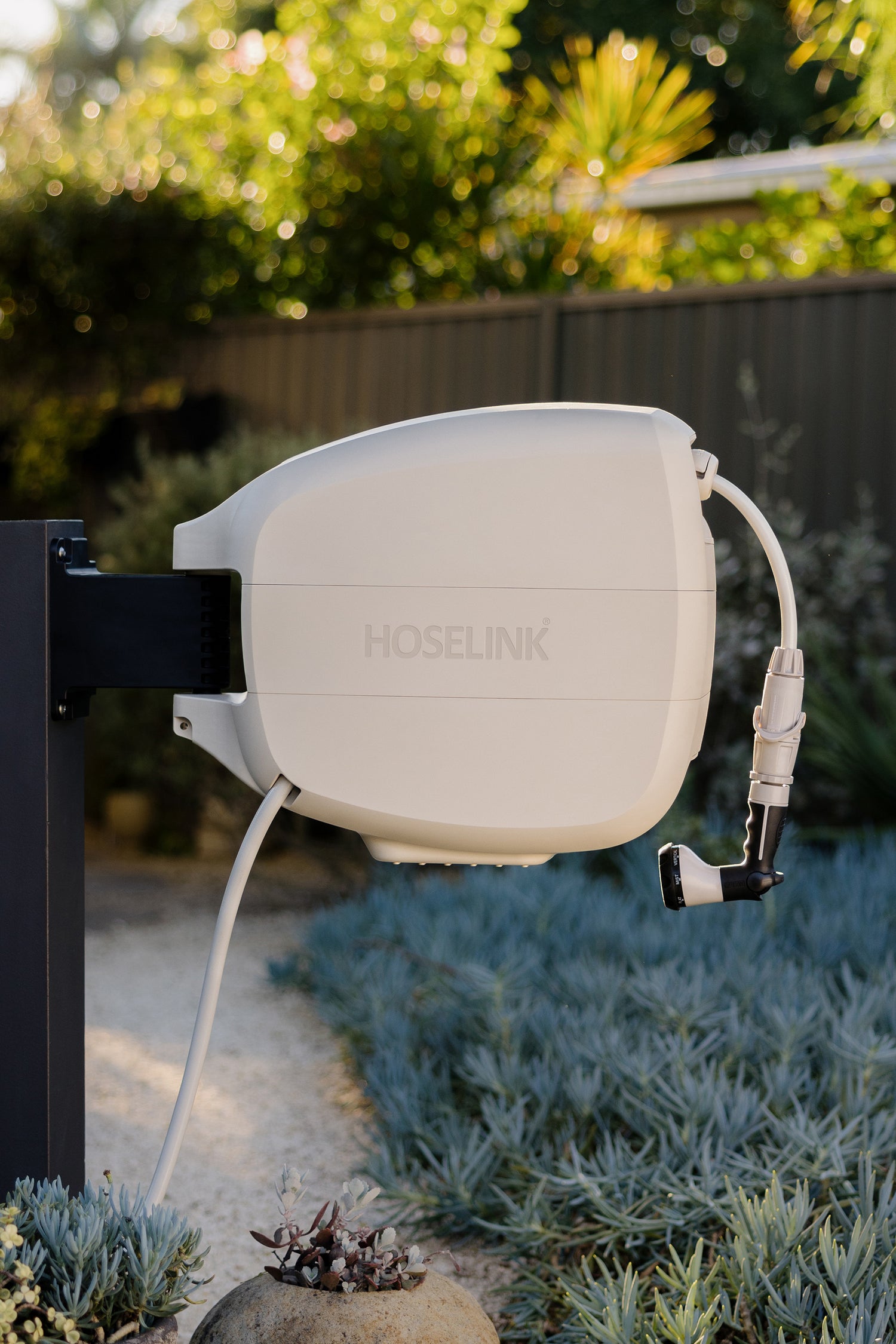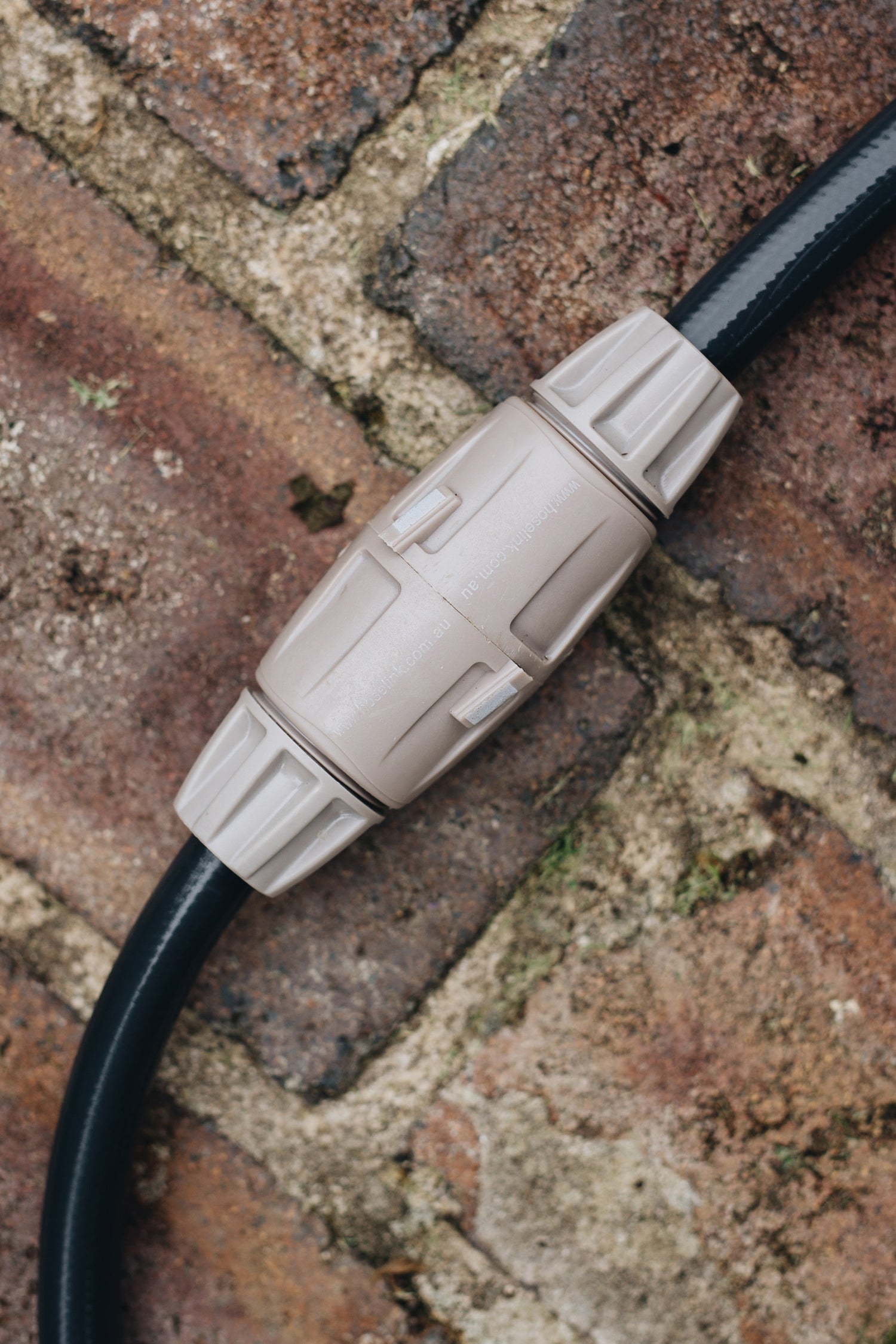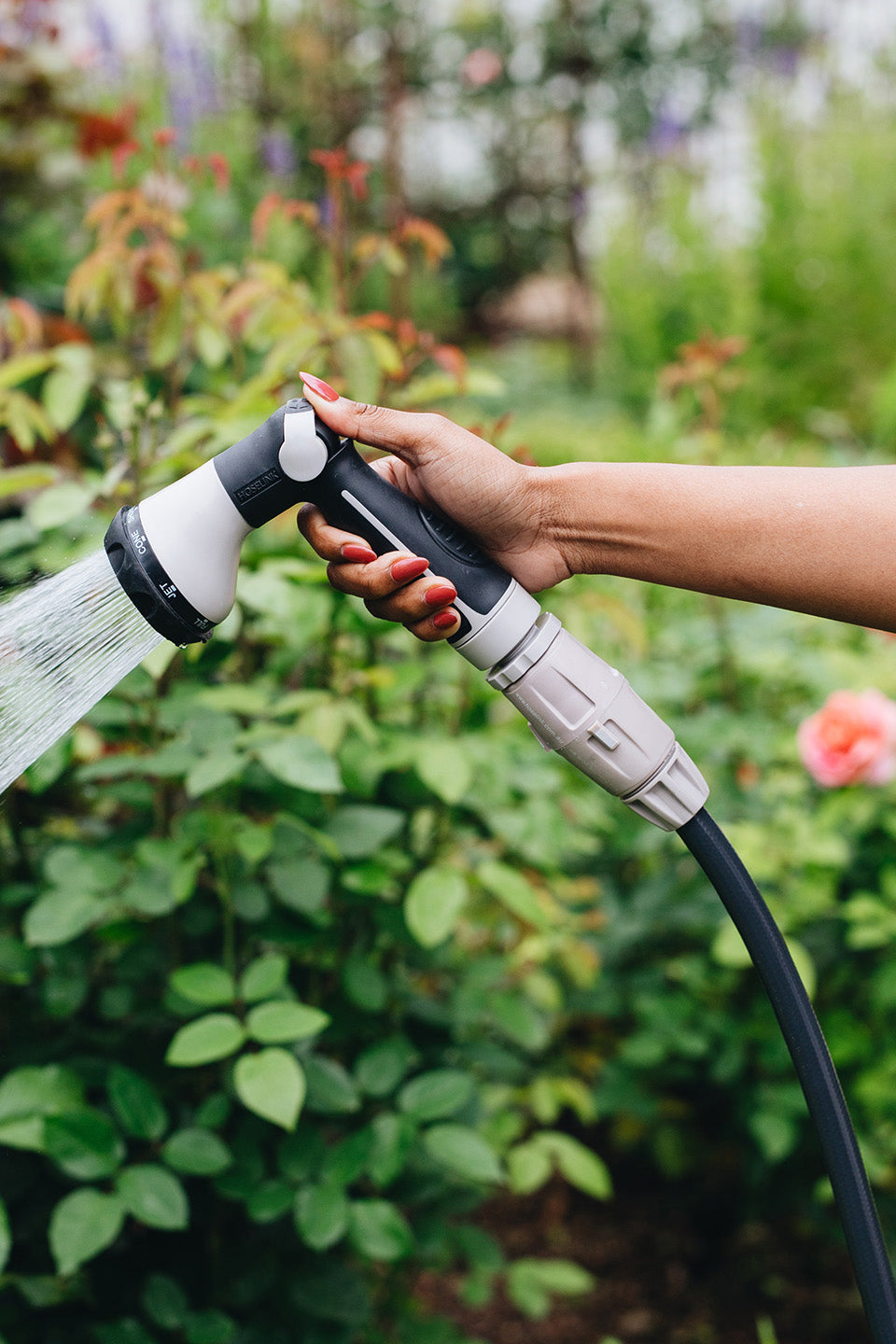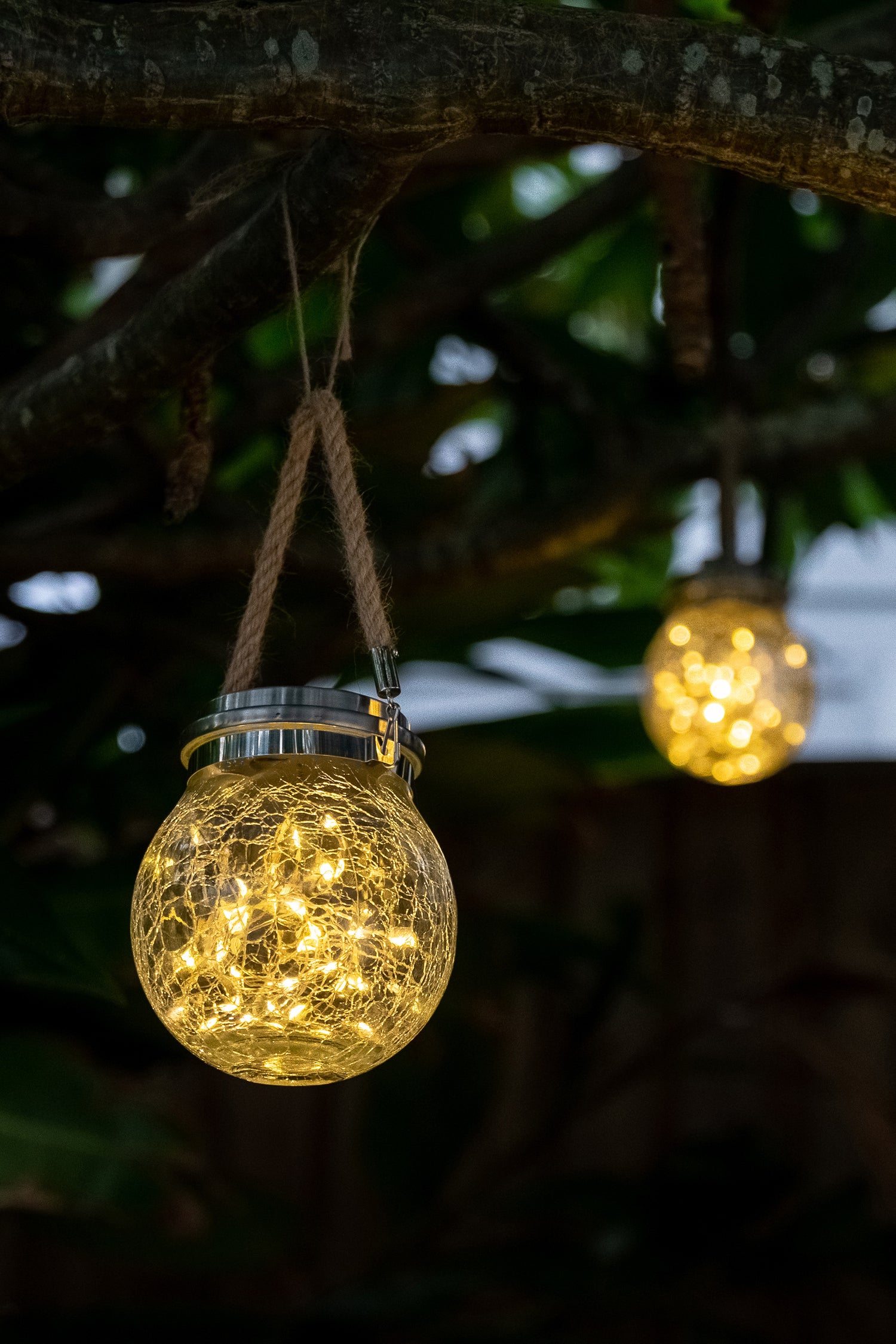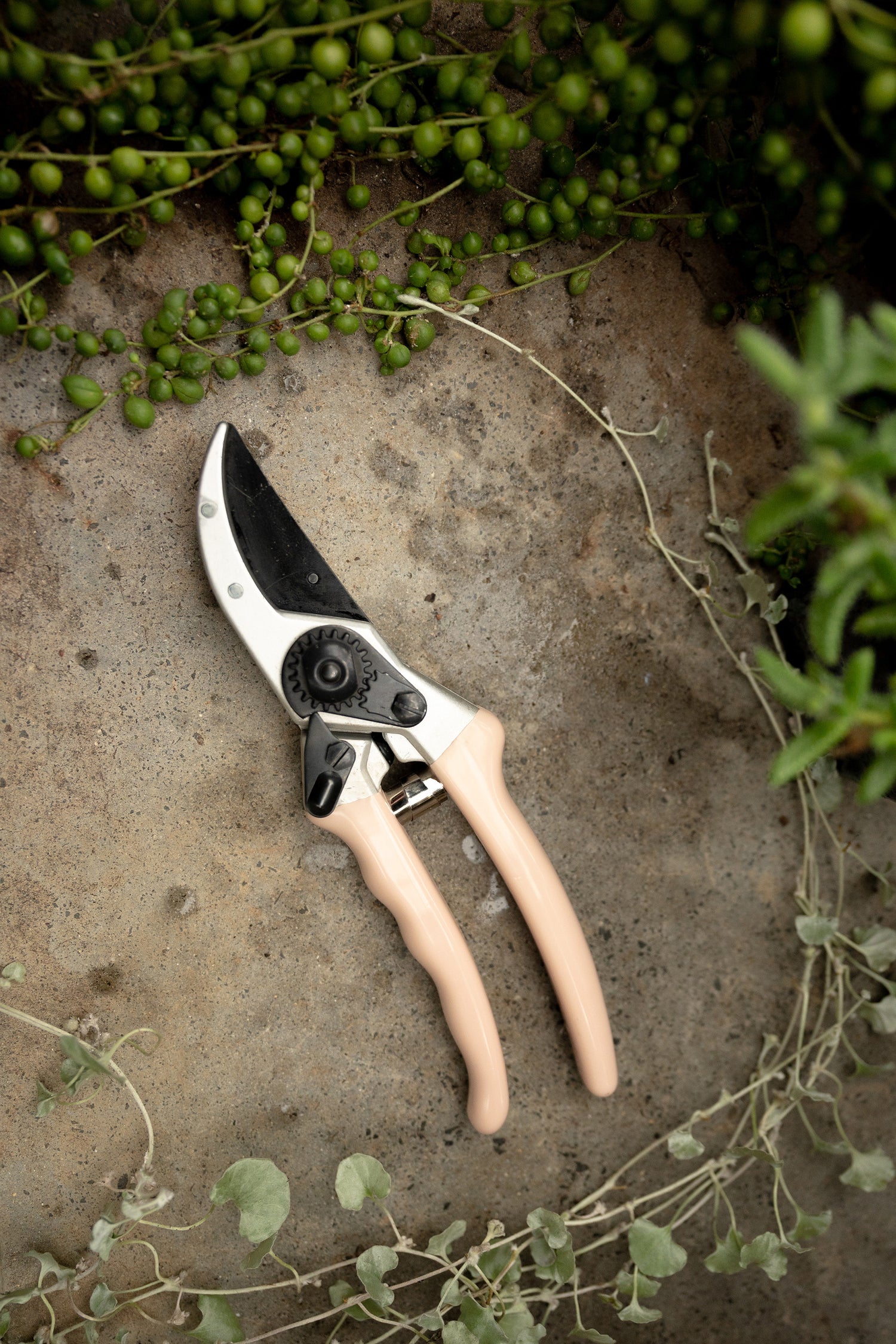 Pick a location
Pick a location
Image source If you have a bright windowsill, or really sunny spot elsewhere in the house, then you have the perfect place to set up your indoor herb garden. Herbs love sun, in fact it’s what contributes to their flavour and growth, so a strong light source is key to success. A minimum of six hours of direct sunlight per day is best, in a room heated to around 21°C/70°F, which generally suits most homes. Just keep in mind, once grown, the herb’s leaves should not touch the glass as they can burn. Also try to reduce any draft that may come in from the window, as it can become too cold for your plants. Every herb is different, so check seed packets for further tips and information on growing conditions before you sow.
Sow seeds

Scatter seeds liberally across pots two-thirds full of potting mix, spacing each one around 1cm apart. Cover with a thin sprinkling of the mix or compost and water well. You can choose to cover the seeds with a propagator lid or clear plastic bag to speed the germinating process up, removing once the seedlings reach around 1cm in height. Gently spray the seeds daily with water to keep the soil moist, being careful not to soak the soil. When seedlings reach 5cm tall, transplant them into individual pots.
 Water wisely
Water wisely
Indoor herbs should be very carefully watered, allowing soil to dry out in between waterings. Test the first couple of inches of soil with your finger to check for moisture before watering, this will encourage the roots to grow deeply as they seek out water, creating a stronger, healthier plant. A slow water two or three times per week should be sufficient. Morning watering is best to allow your herbs to dry out throughout the day – basil in particular does not respond well to evening watering. If your plants begin to droop this does not always mean a lack of water, it could also be they are too hot or positioned too closely together, so consider moving pots back from the window and space further apart before you water again. You can feed your herbs with a seaweed-based fertiliser once per month to boost growth. Harvest

Leaves are ready to be harvested as soon as they’re big enough. Continuous harvesting will help to encourage new growth and keep your plants looking shapely, so don’t be afraid to pick regularly. With some herbs, such as mint, just the leaves are required, whilst for others, like rosemary, an entire stem will need to be snipped off so you can strip off its fragrant leaves. Use your herbs as soon as possible after harvesting to retain as much of the beautiful aromatic oils as possible, avoiding washing the leaves.
Dry your herbs

If you want to keep your freshly picked herbs around for longer, then drying them is an option. Cut large branches or clusters off the plant and tie in small bunches. Hang upside down in a dark, well-ventilated room. In around two to three weeks your herbs will be dry enough to store whole, or pick off the leaves and place in an airtight container for up to one year. Gently grinding the herbs before use will help them to release more flavour.
Eat

Herbs are incredibly versatile, suitable for pulverising in a curry paste, mixing into a salad dressing, garnishing a dish or drink, as well as using in desserts and baking – the possibilities are endless. To help you make the most of your indoor herb garden we’ve put together some tasty recipe ideas:
• Mix chopped dill with cream cheese and spread on a bagel for a scrumptious snack
• Make herbal tea: Pour boiling water over your choice of fresh herbs and leave to infuse before straining and drinking
• Make a tangy salsa verde to spoon over steak or fish using a mix of parsley, basil, olive oil, garlic, lemon and capers
• Whizz up carrot and coriander soup for a flavour-packed lunch this winter
• Tomatoes and basil go together like chocolate and fruit – it’s a simply delicious pairing
• Parsley and mint are key ingredients in a tabbouleh alongside bulgur wheat, tomatoes, onion, olive oil and lemon juice. This makes a fantastic side salad
• Crush handfuls of mint in a traditional mojito cocktail
• Mix strawberries with basil for a match made in heaven
• Snip chives and fronds of dill over a potato salad to elevate the flavour
• Chop fresh parsley and scatter over a tomato or cream-based pasta sauce for a fragrant finish
• Combine grated cheese with fresh herbs and stir into a muffin mix for a delicious savoury snack

